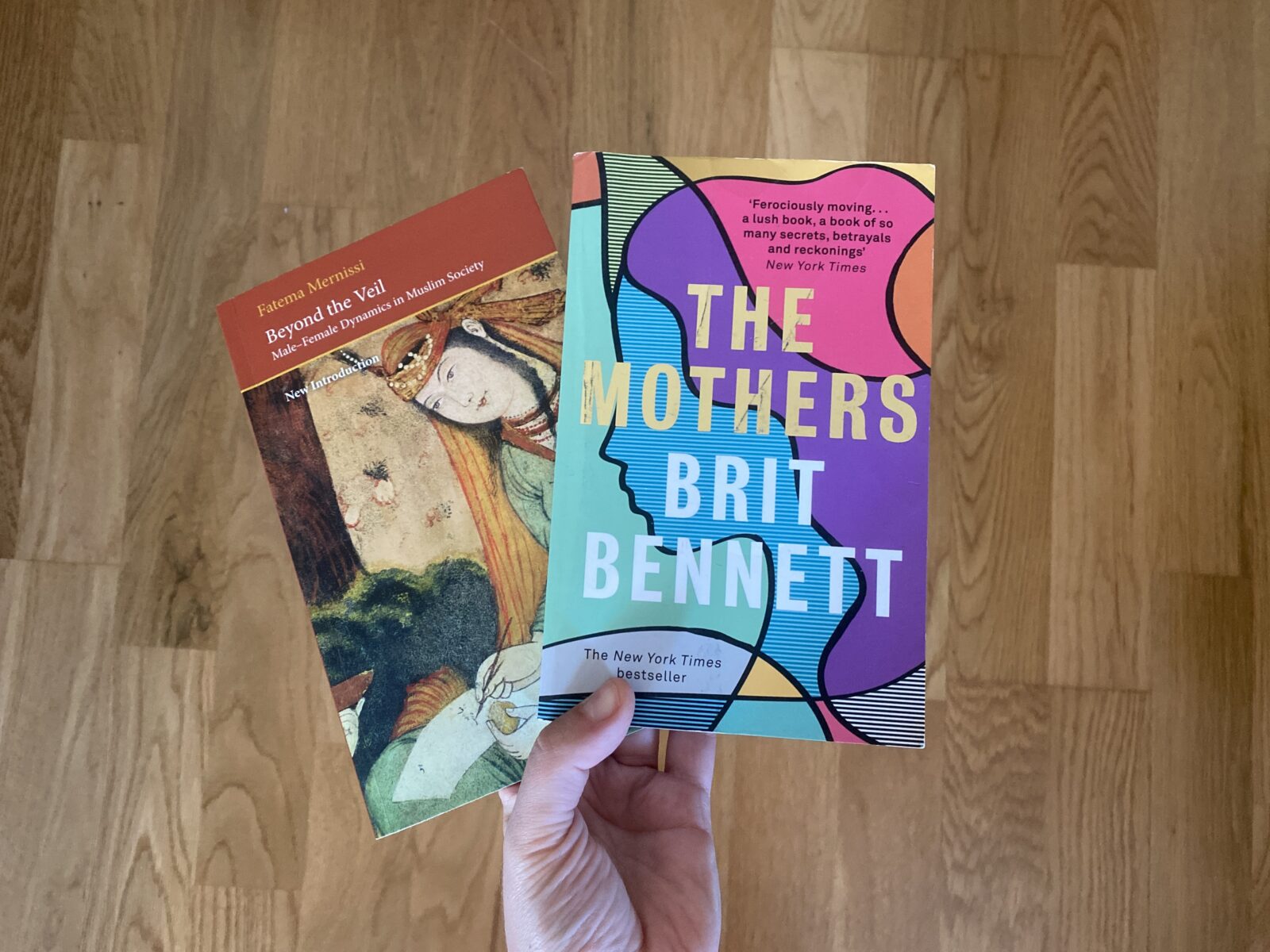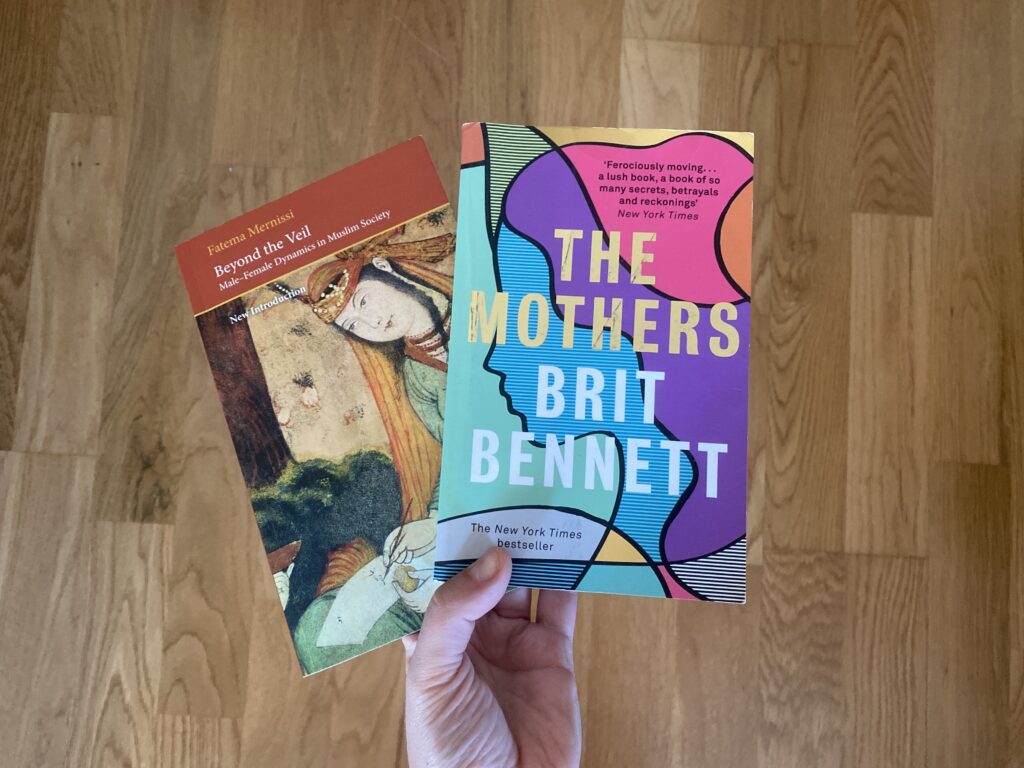Beyond the Veil, Fatema Mernissi
“Men do not have … glaring advantages over women.” This is the conclusion Mernissi draws in what is called her classic study of female-male dynamics in Muslim society, specifically in Morocco. Such a statement is naive at best and downright ignorant at worst, especially given the fact that it was written more than 50 years ago. Mernissi argues that because men also face unemployment and illiteracy, just as women do (which is in and of itself a shaky comparison, as men are the ones who force women to be illiterate and unemployed) they have no advantages and that the “Muslim order is not sexist.” To be fair to Mernissi, her conclusions go against the previous 160 pages of her own analysis in which she explicitly details how women are made to suffer countless indignities and violence at the hands of men and Muslim society. She tries to draw the distinction between Muslim society and Islam, as the description on the back of the book says, but her portrayal of the Prophet leads readers to believe that he, and the “rules from god” that he wrote down, are the most sexist of them all. I only have two things left to say, one of them personal: I cannot believe in a god who never mentions women directly (as Mernissi describes the prophet as saying about Allah) nor one who treats them as second class citizens, which is why I think religion is the greatest farce humanity has ever been witness to. And secondly, this was Mernissi’s doctoral thesis, and as she was one of the most renowned women’s rights activists in the Muslim world, one can only hope that her writing , theories, and beliefs have evolved with time. I am going to check out more of her writing in the hope that this holds true.
The Mothers, Brit Bennet
I first read Bennet’s second novel (The Vanishing Half) a few years ago, and of course wanted to read her first, The Mothers. It follows a girl, Nadia, living in a small community who loses her mother to suicide and falls pregnant a few months later, all when she is only 17 years old. Though young, she stands firm and advocates for herself well when deciding that she wants an abortion. She wants opportunities her own mother never had, and questions why her mother made the choices she made, and whether having a baby (her) at 18 years old influenced her mother’s decision to die by suicide. The perspectives of the man who got Nadia pregnant and his mother, who paid for the abortion, are also delved into throughout the novel, and this is what Bennet does excellently — writing complex characters who are all affected in various ways by one life-changing decision.

